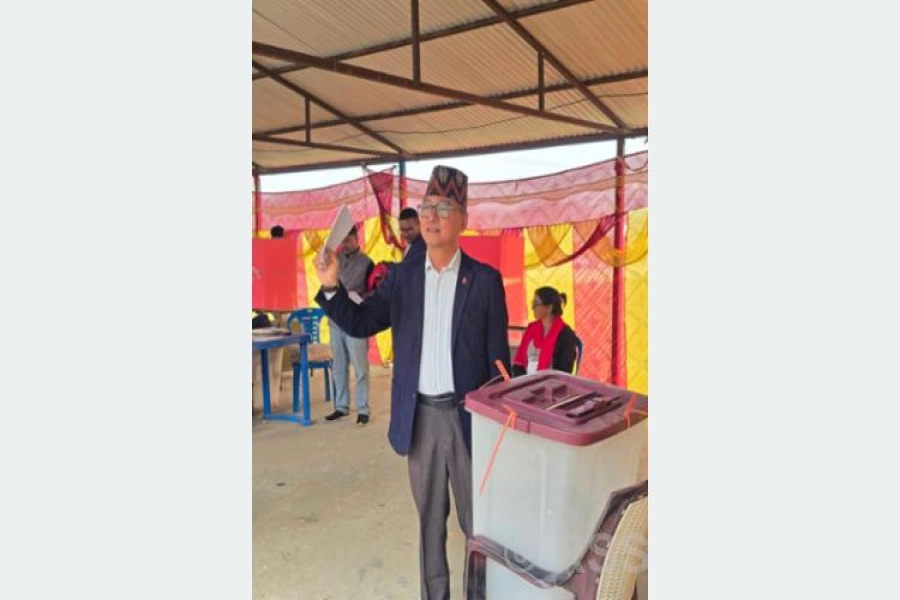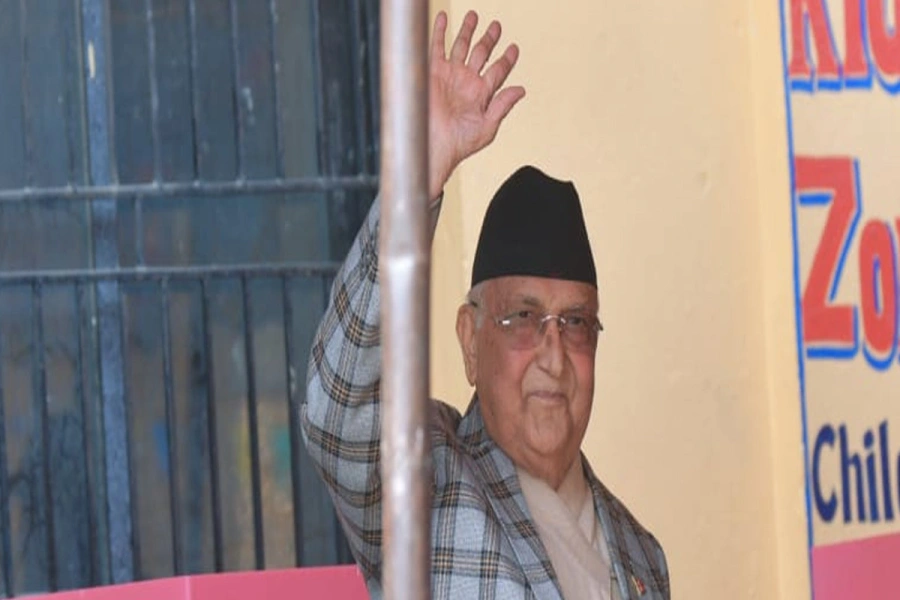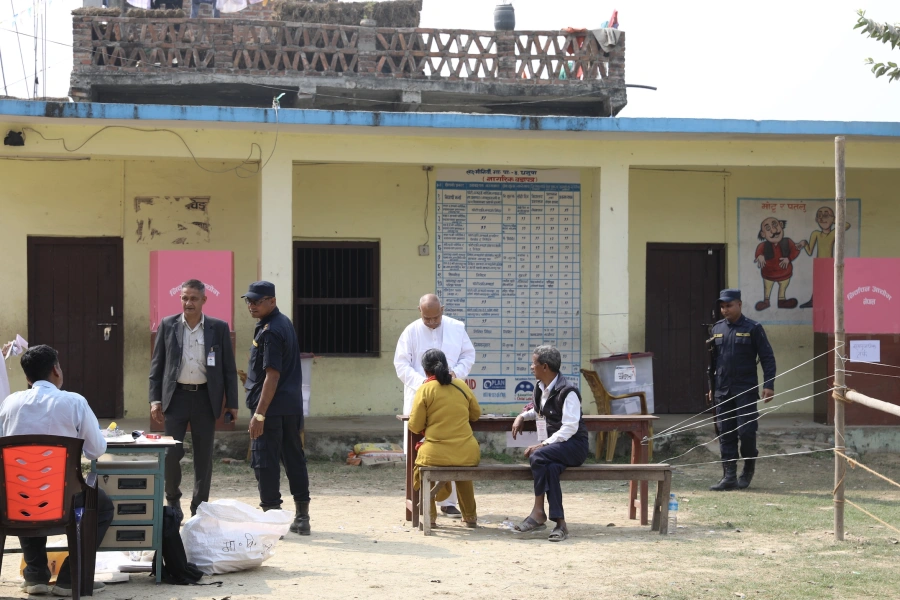Netflix took a break from the exaggerated teen dramas that often misrepresented how teenagers think and behave. Adolescence emerged as a breath of fresh air. It promised something real. And honestly, it delivered more than I expected.
The four-part mini-series tells the story of 13-year-old Jamie Miller, who is arrested for the murder of his classmate, Katie. Each episode unfolds the different proceedings of the case within 13 months. This structure isn’t just clever, it makes the story more layered and emotional. You begin to understand that there’s never just one truth, especially when it comes to something as complex as a violent act carried out by a child.
The opening is intense and starts with a bang, literally. The police break into Jamie’s house, and we follow them up the stairs, right into the chaos. Then we’re sitting beside Jamie in the back of the van, feeling his fear. Episode two focuses on the investigation at Jamie’s school. Episode three, the most powerful, is just a conversation between Jamie and his psychiatrist, sitting in a room. It’s uncomfortable, honest, and deeply emotional. The final episode jumps forward 13 months, showing how Jamie’s family is trying to live with what happened.
What really struck me was how Adolescence explores the hidden world of teenage anger, loneliness, the silence. The show does a fantastic job of showing how today’s boys are shaped not just by their families or schools, but by the internet. In a world where many boys feel disconnected, ignored, or misunderstood, online spaces become their safe space. But not all of those spaces are safe.
The series brings us face-to-face with something society is only beginning to talk about openly: the rise of incel culture and the manosphere.
Canada condemns Netflix for using rail disaster images

The term incel stands for “involuntary celibate.” It refers to online communities of mostly young men who feel rejected by women and society. Over time, some of these communities have become toxic and hateful, encouraging their members to blame women and feminism for their struggles. The manosphere is a wider network of blogs, forums, and influencers that promote traditional, often aggressive ideas of masculinity. It includes everything from dating advice to conspiracy theories about how the world is biased against men.
Figures like Andrew Tate have become symbols of this world. They tell boys that emotion is weakness, that women are the enemy, and that strength means dominance. For boys like Jamie who are confused, insecure, and alone, these messages can feel like answers. But they aren’t. They’re dangerous.
One line from the show stayed with me: “All a kid really needs is one thing that makes them feel okay about themselves.” It’s simple, but it carries so much truth. Kids don’t need perfection. They don’t need to have it all figured out. They just need something or someone that makes them feel seen, safe, and okay. Jamie didn’t have that. And that's where everything starts to fall apart.
What’s terrifying about Adolescence is how quietly all of this happens. Jamie doesn’t shout his beliefs. He doesn’t carry a manifesto. He’s just a boy. But underneath the surface, he’s been shaped by ideas that no one around him even knows he’s absorbing.
This is where the show hits hardest. It makes you ask: How well do we know our children? What are they watching behind closed doors? Who is influencing them when we’re not looking?
And this isn’t just a Western problem.
In Nepal, the digital gap between parents and children is growing every day. Many teens in cities spend hours online, often unsupervised. They watch the same YouTube videos. They follow the same TikTok trends. They hear the same influencers telling them that emotions are shameful and that women are to blame for their problems. The content is global, and it's reaching Nepali youth too.
But here, the situation is more complicated. In many Nepali households, emotions were never openly discussed to begin with, especially among boys. Cultural expectations still tell boys to “man up,” to be quiet, to suppress their feelings. Mental health is rarely talked about. That silence, combined with the internet’s influence, creates the perfect storm.
That’s what makes Adolescence so important. It shows us what happens when we stop paying attention when we don’t ask what our children are really feeling, or what’s shaping their worldview. It forces us to see the emotional isolation of boys not as something rare or shocking, but as something disturbingly common.
In one line, the show says it all: Eddie and Manda spent their youth dancing to A-Ha; their son spent his in his bedroom watching Andrew Tate. That contrast is scary but it’s real.
So, how do we deal with it? The show doesn’t give easy answers. But it starts a conversation that we need to have not just in Western homes, but in Nepali ones too.
We need to listen. We need to talk to boys about what they feel, what they fear, and what they believe. And we need to understand that silence isn’t strength. It’s a warning.



-69a940c05c766-1772700256.webp)


































